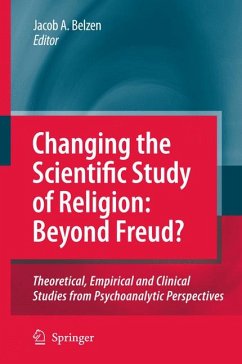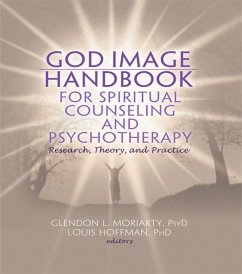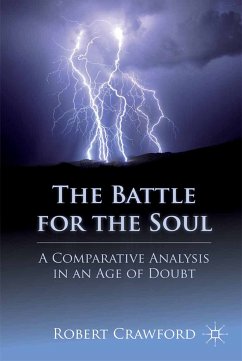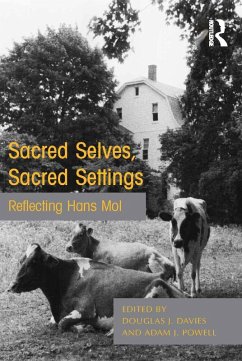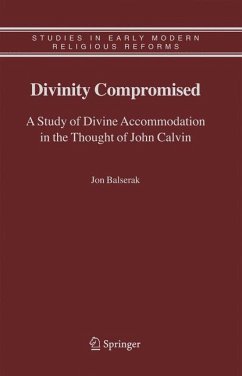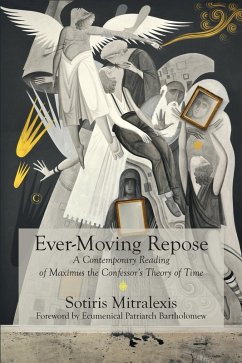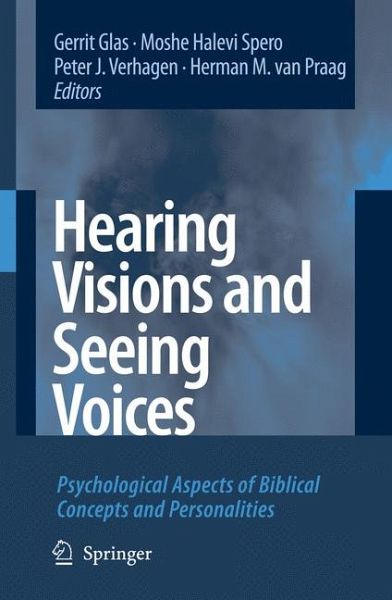
Hearing Visions and Seeing Voices (eBook, PDF)
Psychological Aspects of Biblical Concepts and Personalities
Redaktion: Glas, Gerrit; Praag, Herman M. Van; Verhagen, Peter J.; Spero, Moshe Halevi
Versandkostenfrei!
Sofort per Download lieferbar
72,95 €
inkl. MwSt.
Weitere Ausgaben:

PAYBACK Punkte
36 °P sammeln!
The chapters in this book are based on papers that were presented at the international conference Psychological Aspects of Biblical Concepts and Persons, 4-6 March 2002 in Amsterdam. The conference was organized by the Dutch Foundation for Psychiatry and Re- gion (in Dutch: Stichting Psychiatrie en Religie) a small, but active and lively organization, which organizes conferences and post-graduate education for mental health professionals and which offers a platform for interdisciplinary research and discussion in the field of mental health and religion. The organizers of the conference - Gerri...
The chapters in this book are based on papers that were presented at the international conference Psychological Aspects of Biblical Concepts and Persons, 4-6 March 2002 in Amsterdam. The conference was organized by the Dutch Foundation for Psychiatry and Re- gion (in Dutch: Stichting Psychiatrie en Religie) a small, but active and lively organization, which organizes conferences and post-graduate education for mental health professionals and which offers a platform for interdisciplinary research and discussion in the field of mental health and religion. The organizers of the conference - Gerrit Glas, Herman M. van Praag, and Peter J. Verhagen - are m- bers of the board of the Foundation. All three are psychiatrists; two of them are also professionally occupied in another discipline: theology (Verhagen) and philosophy (Glas). The primary aim of the conference was to create a space for scientific dialogue between two disciplines with a troubled and complex relationship: psychiatry and theology. The exchange of opinions and viewpoints between specifically these two fields has dried up in the course of the past century and has virtually been absent from around 1960 till at least the early nineties of the previous century. I need to clarify that we were quite specific in isolating theology and psychiatry; instead of focusing on theology and psychology, or biblical studies and psychology, or theology and psychoanalysis. Psychology and psychoanalysis do not seem to have lost all contact with theology, at least not to such an extent as have psychiatry and theology.
Dieser Download kann aus rechtlichen Gründen nur mit Rechnungsadresse in A, B, BG, CY, CZ, D, DK, EW, E, FIN, F, GR, HR, H, IRL, I, LT, L, LR, M, NL, PL, P, R, S, SLO, SK ausgeliefert werden.



